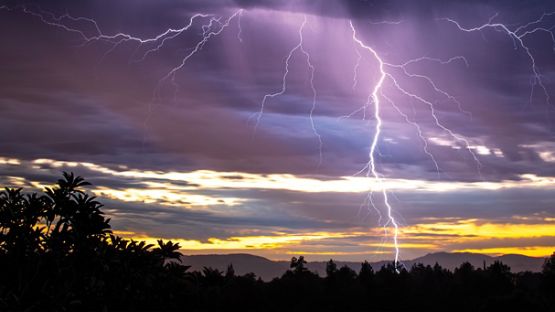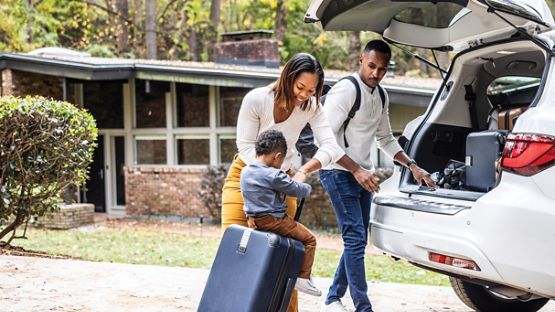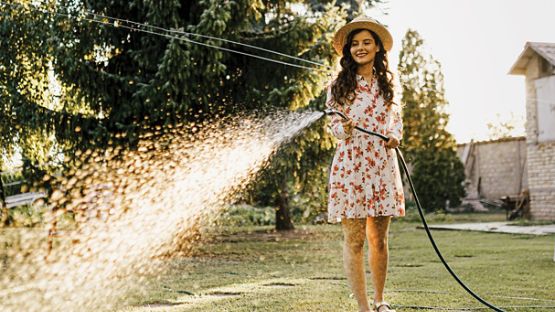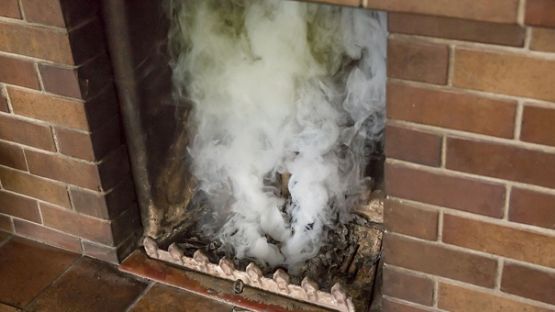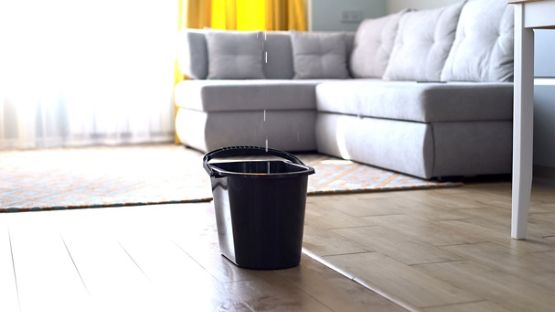When you prioritize home fire safety, you’re also helping to protect your property and loved ones. Simple precautions can significantly reduce the risk of fire hazards in your home.
Installing smoke detectors on every floor and in key areas like bedrooms and the kitchen is a good start. Regularly test these alarms and replace their batteries at least once a year. Additionally, invest in carbon monoxide detectors, especially if you have gas appliances or an attached garage.
Develop a fire escape plan and practice with your family, identifying two escape routes from each room and a designated meeting point outside. Keep fire extinguishers handy in the kitchen, garage and near any potential fire sources, and make sure everyone knows how to use them. Taking these proactive steps can help minimize the impact of a fire and save lives.
Property policies typically include insurance coverage for fire damage. It can help cover the costs of repairing or rebuilding your home, replacing damaged belongings and covering expenses like temporary accommodations while your home is being restored. Review your property insurance policy regularly to ensure you have adequate coverage amounts and understand any exclusions or limitations related to fire damage.
Consider discussing optional coverages with your insurance representative, such as guaranteed replacement cost coverage or coverage for valuable items like jewellery or artwork. Being proactive about your insurance coverage can help put things back to the way they were more smoothly in the aftermath of a fire.[1]
Fire safety precautions
It only takes a few minutes to ensure you’re taking the proper safety precautions with everyday household items. Your insurance company can be a great source of information to safeguard your home. Let’s dive into some of Aviva’s simple tips to help keep for keeping your home safer from fire hazards.
When using electrical and/or extension cords:
- Check before you use: Always check cords for damage before using them. If they’re damaged, they can spark and cause a fire.
- Invest in a high-quality power bar: If you’re using multiple small appliances and devices, choose a power bar that can handle the load. Also, never plug a power bar into another power bar.
- Don’t run cords under carpets or rugs: Doing this could cause damage to the cord and spark a fire in the rug.
- Use the right cords outdoors: Make sure all extension cords used outdoors are weatherproof and suitable for how you intend to use them.
- Look for the ULC certification: Ensure that the extension cords you use are certified by the Underwriters Laboratories of Canada.
When using a clothes dryer:
- Empty the lint trap before each load.
- Ensure the dryer vent is clear from any obstructions.
- Vacuum the exhaust hose every few months.
- Only use the dryer when someone is home.
For more information, please speak with your insurance representative.


